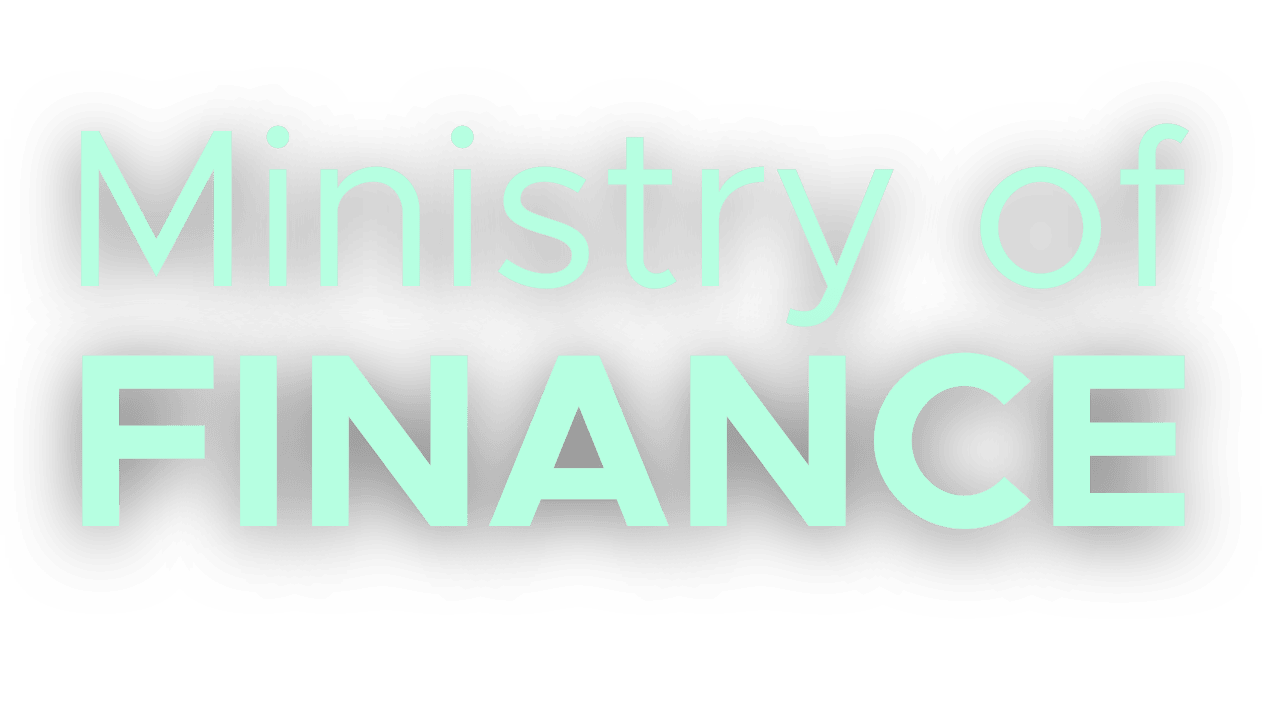In this article, we will explore the statutory scheme related to personal guarantors under the Insolvency and Bankruptcy Code (IBC). Thereafter, we will examine whether the time period provided under Section 101, after which the moratorium shall cease to have effect, is mandatory or directory.
Statutory Scheme
An insolvency application against a personal guarantor can be filed either by the guarantor himself or by creditors under Sections 94 and 95 of the IBC. Once an application is filed under either of these sections, a moratorium under Section 96 comes into effect. This is known as an interim moratorium, which remains in force until a decision regarding the admission or rejection of the application, based on the report submitted by the Resolution Professional under Section 99, is passed by the Adjudicating Authority under Section 100 of the IBC. Once the application is admitted, the interim moratorium ceases, and a moratorium under Section 101 comes into effect. This remains in force until an order approving the repayment plan under Section 114 of the IBC is passed by the Adjudicating Authority or until the expiry of 180 days, whichever is earlier.
Whether Period Of Moratorium Beyond 180 Days Under Section 101 Can Be Extended
The question that arises for consideration is whether the period of moratorium under Section 101 of the IBC is mandatory or directory in nature.
This issue came up for consideration before the NCLAT in Anil Kumar (Resolution Professional in the Personal Insolvency Resolution Process of Sh. Mukund Choudhary) Versus Mukund Choudhary, where the RP was directed by the creditors to seek an extension of the time period for completing the personal insolvency resolution process by 90 days, beyond the initial 180 days. Accordingly, an application was filed by the RP, and the Adjudicating Authority extended the time period of the PIRP by 90 days but did not make any observations on whether the period of moratorium would also be extended simply because the time period had been extended.
An appeal was filed before the NCLAT, seeking to extend the moratorium period beyond 180 days. The tribunal noted that Section 101 clearly stipulates that the period of moratorium commences when the application under Section 94 or 95 of the IBC is admitted and ceases to have any effect after 180 days. This means that protection against the institution of any proceedings in respect of all debts of the personal guarantor will no longer be available after the expiration of this period.
The tribunal referred to the Supreme Court judgment in State of UP & Ors.’ Vs. ‘Babu Ram Upadhyay where it was held that while determining whether a statute is directory or mandatory in nature, the court has to ascertain the real intention of the nature and consequences that would follow from construing it one way or another. The court held that “for ascertaining the real intention of the Legislature the Court may consider, inter alia, the nature and the design of the statute, and the consequences which would follow from construing it the one way or the other, the impact of other provisions whereby the necessity of complying with the provisions in question is avoided, the circumstance.”
Based on the above, the tribunal observed that Section 101 explicitly provides that the period of moratorium shall cease to have effect after 180 days. When everything is stated in such unambiguous terms, there is nothing left for the court to read into it something that was consciously removed by the legislature.
In Newtech Promoters & Developers Private Limited’ Vs. ‘State of Uttar Pradesh & Ors. the Supreme Court held that “it is always advisable to interpret the legislative wisdom in the literary sense as being intended by the legislature and the courts are not supposed to embark upon an enquiry and find out the solution in substituting the legislative wisdom.”
In light of the above discussion, the tribunal held that there is nothing in the section that empowers either the NCLT or the NCLAT to extend the period of moratorium beyond 180 days. Accordingly, the appeal was dismissed.
Conclusion
The tribunal, while interpreting the provision literally, concluded that the moratorium period cannot be extended beyond 180 days. However, the issue lies in the potential consequences of this strict interpretation. If protection in the form of a moratorium is not extended to the personal guarantor during the ongoing personal insolvency process, creditors may initiate recovery suits or realize security interests, if any, created in their favor. Such actions could hinder the effective resolution of debts owed by personal guarantors to creditors. The practical implications of this judgment remain to be seen when applied in real-world scenarios.






